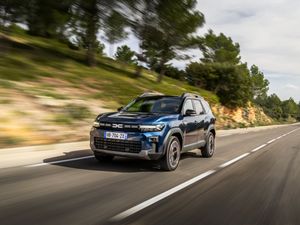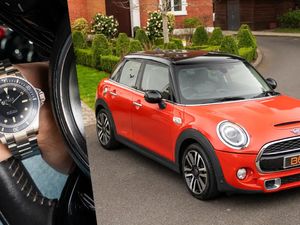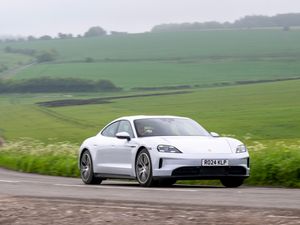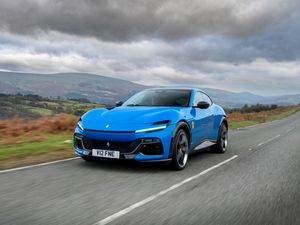Calls for 50 per cent tax on polluting cars to encourage electric vehicles sales
Analysis suggests economic impact of the pandemic could delay new car buying.
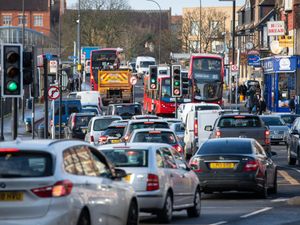
The most polluting cars should be sold with a 50 per cent tax to encourage motorists to switch to electric vehicles, according to a sustainable energy research organisation.
The UK Energy Research Centre (UKERC) has warned that the coronavirus pandemic has altered people’s buying habits as they put off buying a cleaner, new car or try to find better value for money.
With electric vehicles typically being more expensive at the point of purchase, this could impact sales.
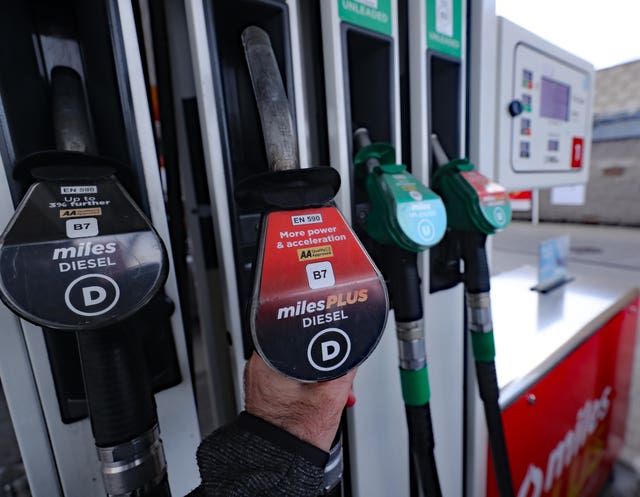
The UKERC predicts there will be an extra one million diesel cars on the road in 2025, and suggests there would be 4.7 million fewer diesels between 2020 and 2030 if the pandemic had not happened.
In its Review of Energy Policy 2020 report, the organisation says it is in favour of the ban on the sale of petrol and diesel cars from 2030, but says there should be a phased approach.
It said the 2030 date “is helpful in providing a long-term signal and driving down emissions in the medium to long term, but setting a future date which defines a before/after market may be too blunt and will lead to distortions and perverse behaviours in the lead up.”
For example, it warned manufacturers could flood the market with petrol and diesel cars in 2029, which would create a ‘long tail’ effect for CO2 emissions.
The UKERC’s Professor Rob Gross said: “You might think that people not buying cars is a good thing for the environment. But it’s not a good thing if they delay buying a relatively inefficient car, and that car is still being used for longer.
“Every gram of CO2 that enters the atmosphere stays there, potentially for hundreds of years.”
As reported by the RAC, the UKERC’s report also highlights the importance of investing in charging infrastructure and offering discounts on fees such as ferries, parking and toll roads to EV owners.

